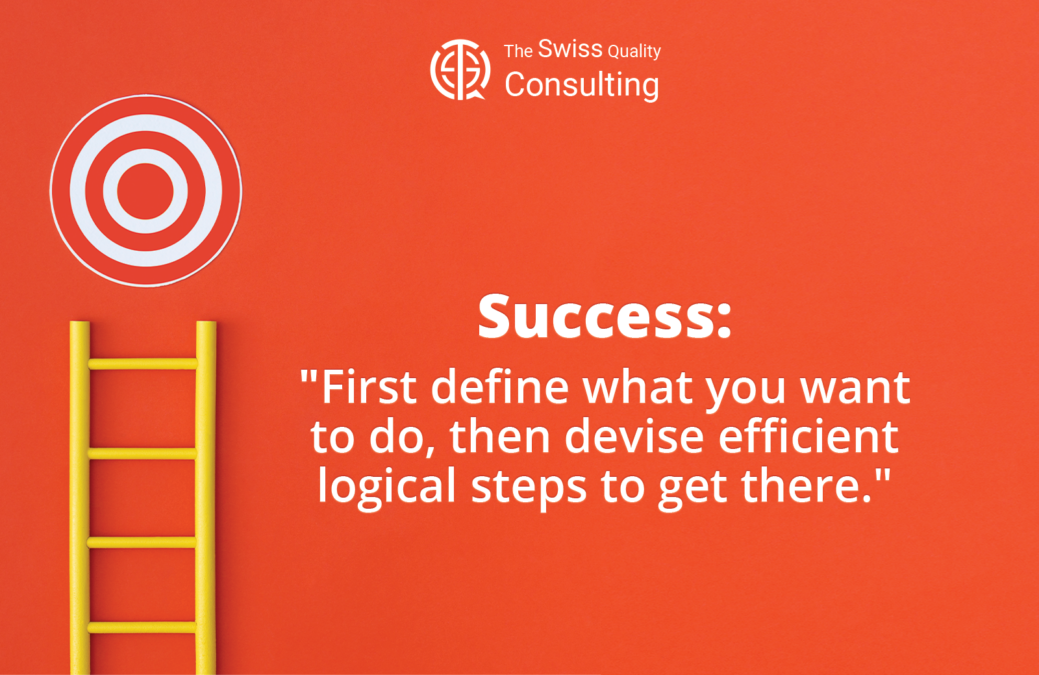Achieving Success: The Art of Setting Goals and Planning Efficiently
Success is a universally cherished concept, a goal that transcends borders and cultures. It’s the pursuit of personal excellence, the realization of our aspirations, and the fulfillment of our dreams. While the definition of success varies from person to person, one common thread binds all successful individuals: the ability to define their goals clearly and map out efficient, logical steps to reach them. In this discussion, we will explore the significance of defining goals and devising efficient strategies to attain success, irrespective of personal preferences and beliefs.
The path to success begins with a crystal-clear understanding of what you want to achieve. This means setting well-defined goals. Whether your goals are related to your career, personal life, or hobbies, having a precise objective in mind is essential. Defining your goals provides you with a sense of purpose and direction, making it easier to channel your efforts effectively.
Once you’ve identified your goals, the next crucial step is to devise a plan that outlines the logical steps to reach them. This planning process is where efficiency and strategy come into play. An efficient plan takes into account the resources, time, and effort required to achieve your goals while minimizing unnecessary obstacles.
Efficiency is not about rushing or taking shortcuts; it’s about working smarter, not harder. When you have a well-structured plan, you can make the most of your resources and time. It enables you to prioritize tasks, allocate resources effectively, and stay focused on the critical steps that lead to success.
Logical steps in your plan are those that follow a clear and rational sequence. They are the building blocks that take you from where you are now to where you want to be. Logical steps help you avoid wasting time and energy on activities that don’t contribute directly to your goals. They keep you on track and ensure that every action you take serves a purpose.
Consider an example from the world of entrepreneurship. A budding entrepreneur who wants to start a successful online business first defines their goal: to create a profitable e-commerce store. Next, they devise a plan that includes steps such as market research, product selection, website development, marketing strategy, and customer service setup. Each of these steps logically follows the previous one, ensuring a systematic approach to building a thriving online business.
Efficiency in planning also means being adaptable. Life is unpredictable, and obstacles may arise along the way. A well-thought-out plan allows room for adjustments and contingency measures. This adaptability is crucial in maintaining forward momentum, even when faced with unexpected challenges.
Efficient planning and clear goal-setting are values that resonate universally, regardless of personal beliefs or preferences. They provide a blueprint for achieving success that can be applied to any endeavor, whether it’s in business, education, sports, or personal growth. In a world filled with diverse perspectives and opinions, the principles of efficiency and logical thinking offer a common ground for individuals from all walks of life.
Success is a goal that unites people around the world, transcending differences in beliefs and values. The key to achieving success lies in first defining your goals and then devising efficient, logical steps to reach them. Efficiency in planning allows you to make the most of your resources and time, while logical steps ensure a systematic approach to your objectives. These principles are universal and can be applied to any endeavor, fostering a shared understanding of the path to success.









